So I have some things to say, which “real” preppers won’t appreciate. I’ll just say that this is what I believe. I’m an intelligent, well-read and moderately educated mid 40’s woman.  I’ve done my own research, seeking out non-profit, non-partisan, and scientific sources. Of course pretty much everything and anything on the internet is suspect (like every second prepper site quoting Franklin as saying “if you fail to plan, you are planning to fail” – He didn’t. That isn’t even language aligned with the time period. see franklinpapers.org) because people spew “facts” they read somewhere else, and the next thing you know, its everywhere. Like a red pen in a load of whites.
I don’t expect to convince anyone who believes differently from me to change their minds, but maybe they will be a little more open to new ideas and actually try to find answers — and not from other conspiracy theory slinging, doomsday ringing folks who already think as they do. A girl can dream.

Fukuskima – Sure, the radiation is still traveling the ocean and washing up on our shores. That is true. But the level recorded is so small (11 bequerels) that a single dental x-ray exposes you to 1000 times more radiation than swimming in the “contaminated” water for a year.
Fluoride in your water is safe. Even desirable. It doesn’t have the effect of Prozac. Really. Prozac does not contain fluoride. It contains Fluoxetine, which is formed of multiple (5 I believe) different elements, including fluoride. Chemical bonds being what they are and the way compounds are formed — well, can you breath underwater since it contains O (oxygen)? You aren’t being drugged into submission via fluoride in your water. That’s just crazy.
RFID chips do not cause cancer. Neither do cell phone towers. Maybe if you spent a lot of time CLOSE to it and PARALLEL to it, your risk of cancer might be greater. But even directly under it, you are exposed to more radiation from your cell phone in your pocket than the cell tower above you which does not scatter down.
Vaccinations are safe. They do not cause autism or make you sick. If you don’t vaccinate, you are endangering the lives of others. Please don’t come around me or my family. Thanks.
GMOs. sigh. So many educated people I know even rail against them. We’ve been practicing “genetic modification” of our food for as long as gardeners have been trying to cross-breed and keep meticulous records to breed hardiness in food, to make it more resistant to bugs, etc. Farmers have been doing it, trying to remove aggression in certain breeds, or improve the texture of their wools, and so on. Just because it took many generations to get it done doesn’t change what was happening at the cellular and genetic level.  OK, so now scientists can go in and gene-splice and get those results in an instant. So what? Doesn’t make them DANGEROUS. Other issues with Monsanto and their ilk? Squeezing out the small farmer? Making seeds infertile so you have to buy a new bunch every time? Cramming too much processed, unhealthy crap on the shelves? Possibly. But there’s really no evidence that eating the actual crop of their GMOs causes any harm.
Amero? really? I can’t even.
There might be a polar shift. The geologic record shows that hundreds of pole reversals have occurred throughout Earth’s history; they happen when patches of iron atoms in Earth’s liquid outer core become reverse-aligned, and eventually they overwhelm the original iron atoms. But the landscape won’t shift. There will not be disaster as continents leap to the opposite side of the globe. Our compasses would point in a different direction.  And can you feel the geomagnetic field now? No? That’s right, so why would you feel it if it were the other direction? During a transition, its possible that the magnetic field that protects us from excessive solar radiation could weaken. IF there were a massive solar event (CME) at that time, and it was aimed right at us, MAYBE we could see some EMP like effects. Given the length of time that would likely take, it’s not impossible. But even if the field becomes very weak, at the Earth’s surface we are shielded from radiation by the atmosphere. The fact is, we most likely would not notice any significant change from such a reversal.
Obama is not evil. And the world doesn’t view him as a terrible leader and look down on American because of it. Independent polls, conducted by non-profit, non-partisan groups indicate that some really like him (India), some don’t like him at all (Russia), but for the most part, they just don’t have strong feelings one way or the other. The slight majority feel that he is an effective leader. And that’s pretty much like any other president we have had.
Alien Invasion? Never say never, its a great big world out there, but the odds of encountering alien life overwhelmingly suggest we would find something more like bacteria before we ever found another form evolved into high intelligence.
Zombie Apocalypse? Haha
There may be world threatening dangers out there. Cyber attacks on our infrastructure, terrorism, EMP resulting from nuclear detonation or enormous CME. I could be facing the Big One (earthquake) as I live in the Cascadia Subduction Zone. Peak Oil Energy could happen in my lifetime.  The research is ongoing and the Jury is still out for me.
I just wish that more people would stop hearing what they want to believe, and do independent research before they spew more nonsense into the ether. But I guess someone out there might feel that way about my post right now, so who am I to judge?
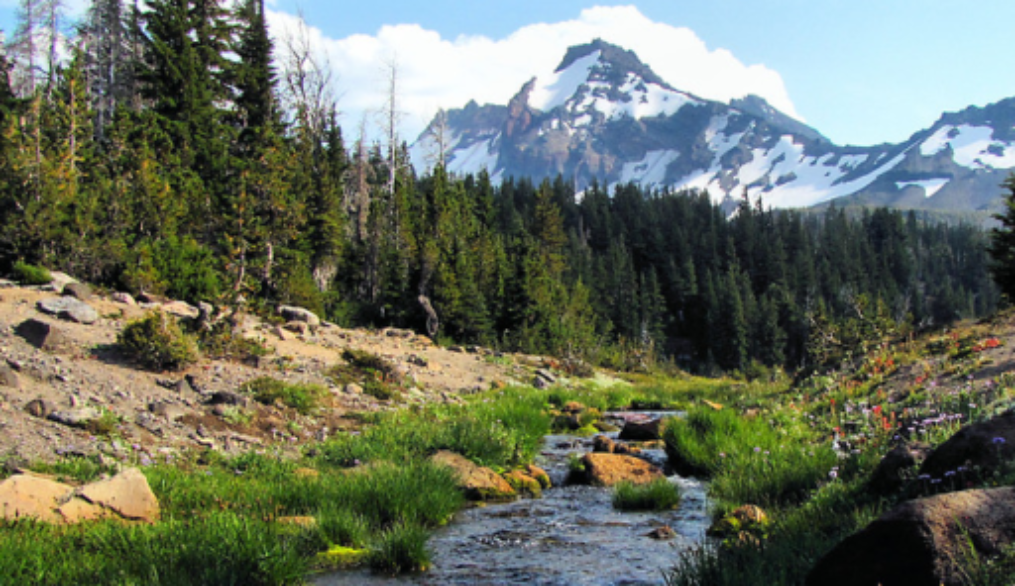

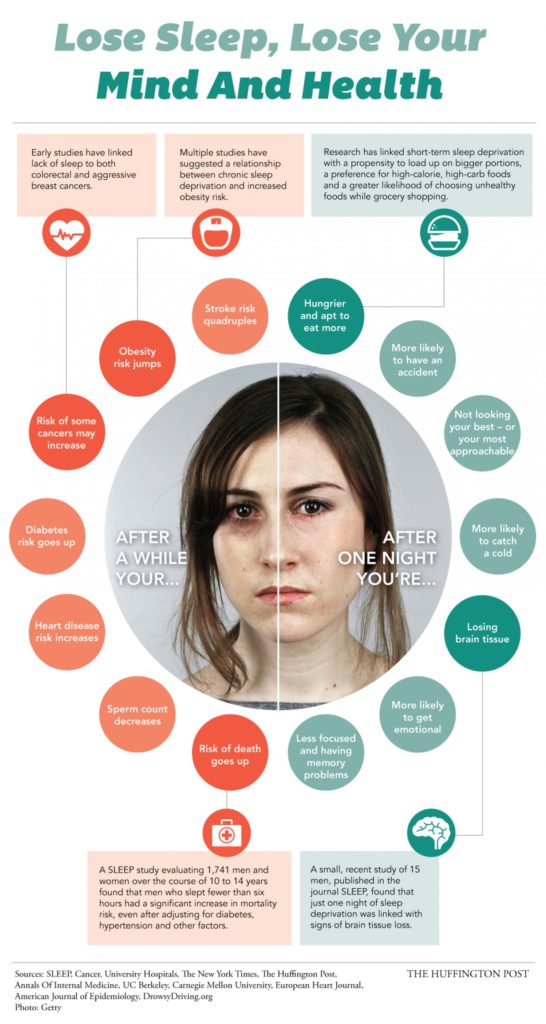
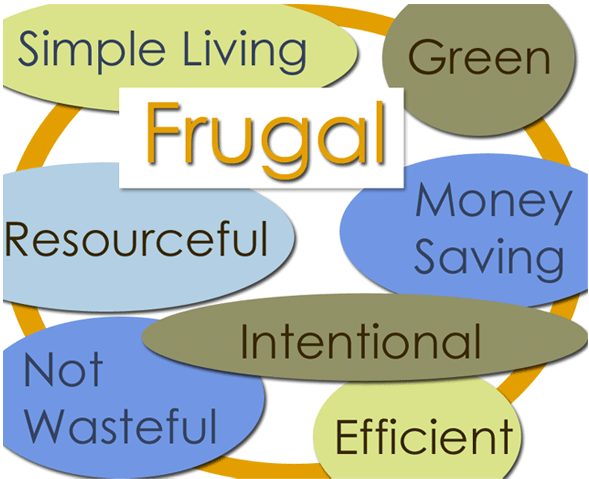
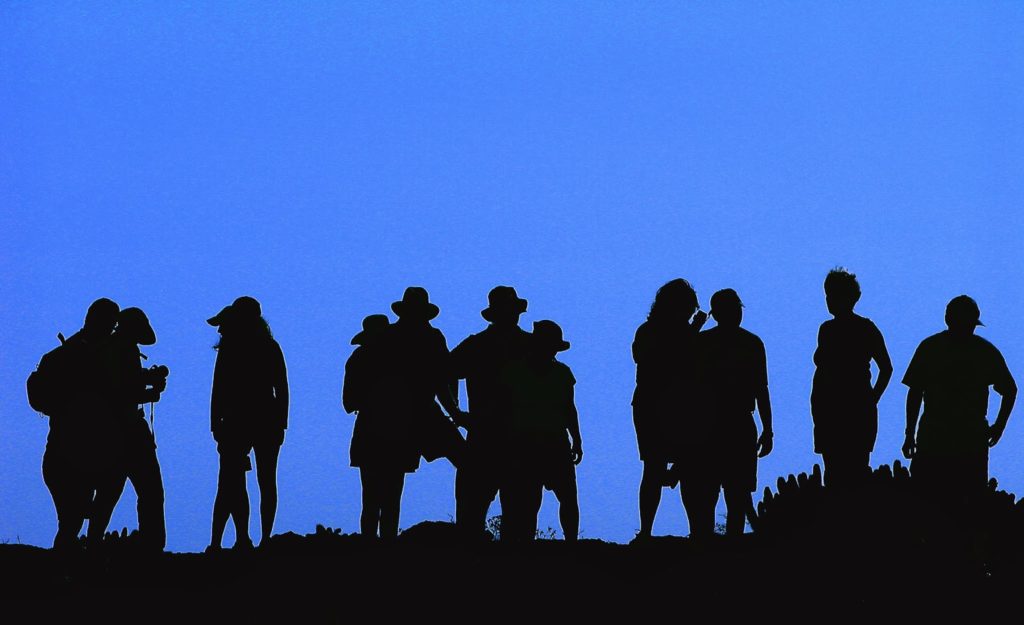
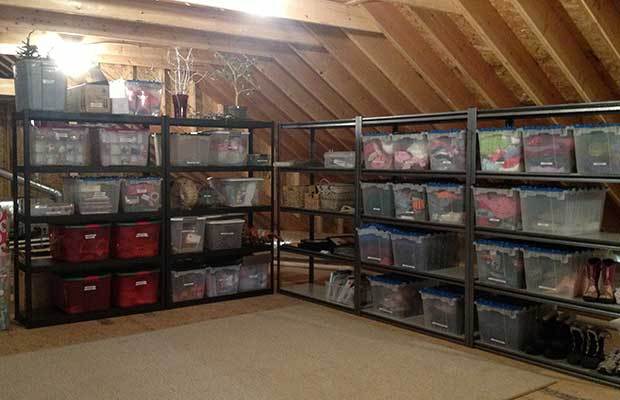

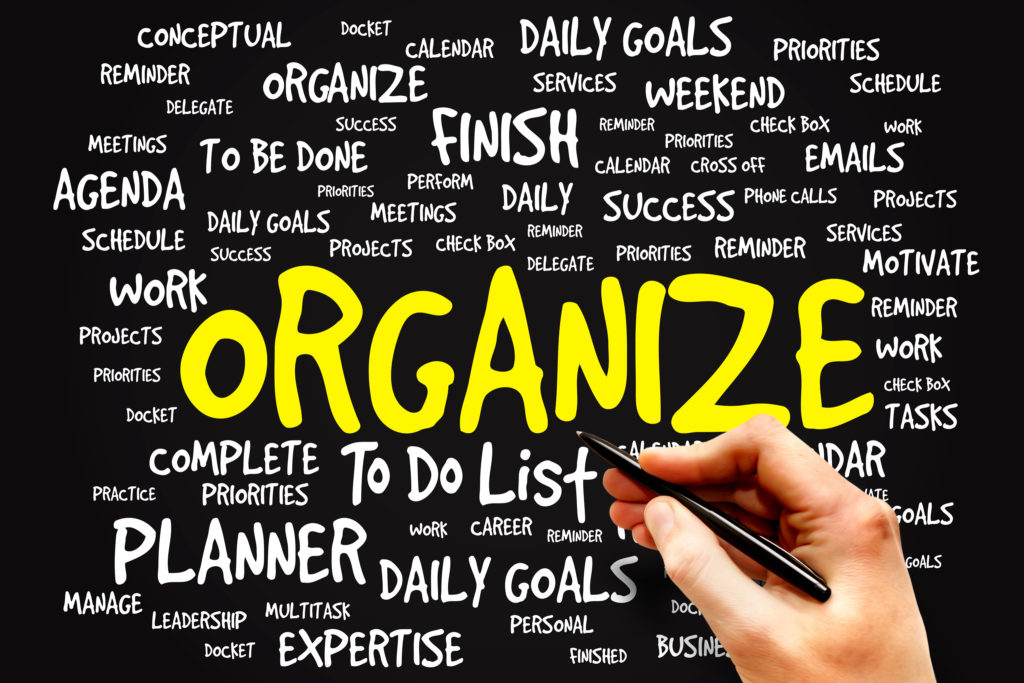
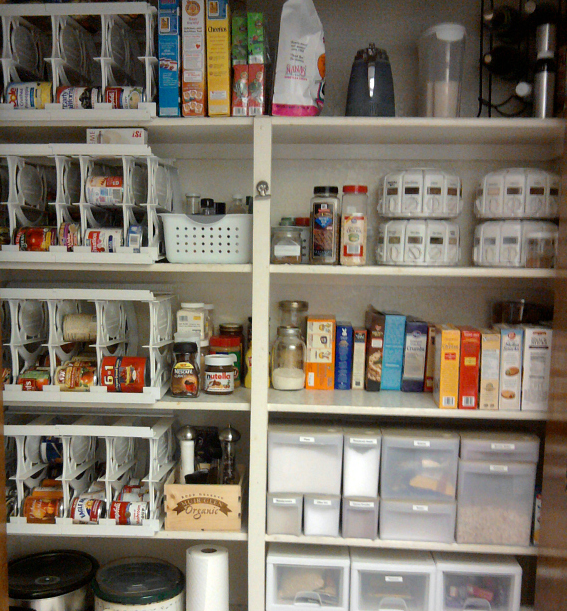
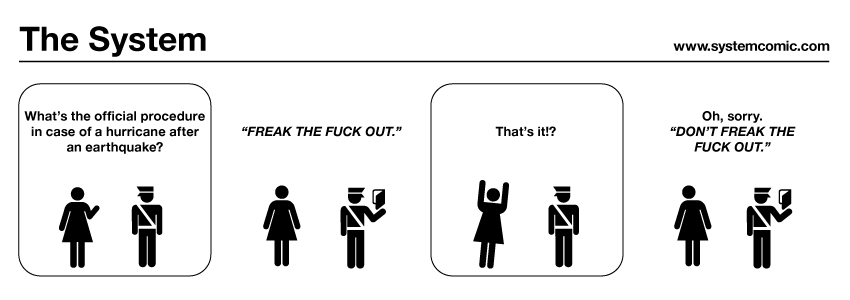
 Shamelessly Stolen from a site, copied into a word doc without attributing, and now posting here, with a few changes, removals and additions but not enough to ward off plagiarism charges! I need to see if I can find where it came from so I can properly credit the author. Truthfully, since this site is set to discourage Google from indexing, and I haven’t “advertised” this anywhere; it’s unlikely anyone but me will actually ever use this as a resource. Still, I should do it Right.
Shamelessly Stolen from a site, copied into a word doc without attributing, and now posting here, with a few changes, removals and additions but not enough to ward off plagiarism charges! I need to see if I can find where it came from so I can properly credit the author. Truthfully, since this site is set to discourage Google from indexing, and I haven’t “advertised” this anywhere; it’s unlikely anyone but me will actually ever use this as a resource. Still, I should do it Right.